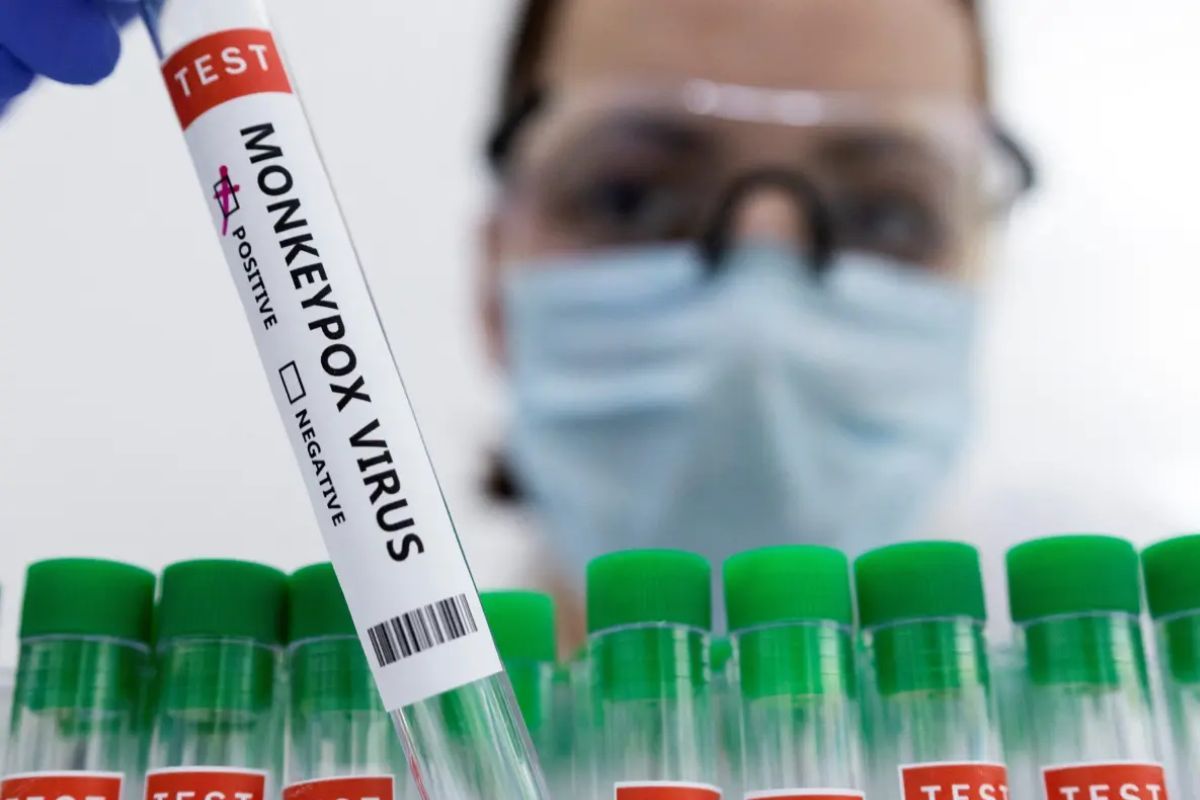
For the second time in recent years, World Health Organization (WHO) has taken the extraordinary step of declaring Monkeypox a global emergency. Since May 2022, the outbreak has spread over many countries including India. It spreads by close contact, skin-to-skin contact, and droplet infection. So, one has to be careful about all these factors.Also Read – Pregnant Woman With Monkeypox Delivers Healthy Baby In US
Dr Arvind Kumar, Director HOD, Paediatrics, Fortis Hospital Shalimar Bagh talks about 10 quick facts about this infectious disease one must be aware of: Also Read – Limit Sexual Partners: WHO Advises Men At Risk Of Monkeypox
What is Monkeypox?
- Monkeypox is a zoonotic disease caused by the orthopox virus and was first described in monkeys, though the reservoirs are rodents. The disease causes fever, headache, body ache, painful rash over the body, and swollen glands.
Can it be serious or fatal?
- No, in most people it is a mild illness. Rarely, it can become serious in small children, pregnant women, or immune-compromised individuals.
What are the symptoms?
- The symptoms start reflecting within 4 to 14 days after infection. Some of the common symptoms of the disease include painful rashes, fever, muscle ache, intense headaches, and swollen lymph nodes. After the scab appears, skin lesions become intensely itchy and the symptoms may last for 21 days.
How does it spread?
- The infection can spread by touching an infected person’s rash, scabs, body fluid, sharing of clothing and bedding and also through tiny droplets from kissing and cuddling. Pregnant women can pass the disease to the baby in the uterus.
Treatment for Monkeypox
- When a person is infected with monkeypox, there is no treatment required. Most people and children can be treated at home through self-isolation in a ventilated room, taking paracetamol for fever and pain, maintaining good hydration, and soothing application on skin lesions. If eyes are involved. eye care must be done under the supervision of an eye specialist. Monkeypox infection is a benign disease and generally goes away with oral treatment. However, since cases are spreading around the world, it is important to maintain high hygiene standards and refrain from crowded places to help control the further spread of the virus.
Prevention from Monkeypox
- Monkeypox can be prevented in multiple ways. These are as follows:
- Avoid close skin-to-skin contact with an infected person
- Do not touch the rash or scab of an infected person
- Wear gloves and a mask when taking care of an infected person
- Do not share utensils, clothing, bedding, etc
- Soiled clothes can be washed in a washing machine with detergent
- Wash hands with soap and water or use an alcohol-based rub
What are the serious complications of Monkeypox?
- Some of the serious complications of monkeypox are corneal involvement, Encephalitis, Sepsis, Pneumonia, and secondary infection in skin lesions.
Are tests available for diagnosis?
- Tests are available with government agencies and at the National Institute of Virology.
Are medicines available for treatment?
- Medicines are routinely not given. However, medicines have been developed to treat smallpox and if required these can be used in serious cases of monkeypox.
Is there a vaccine for prevention?
- People who had the smallpox vaccine (born before 1978) would have some degree of protection. Vaccines do exist, but their use is restricted.
Also Read – Monkeypox Scare: Task Force To Be Set Up To Provide Guidance To Govt On Tackling Virus Spread
Stay connected with us on social media platform for instant update click here to join our Twitter, & Facebook
We are now on Telegram. Click here to join our channel (@TechiUpdate) and stay updated with the latest Technology headlines.
For all the latest Lifestyle News Click Here
